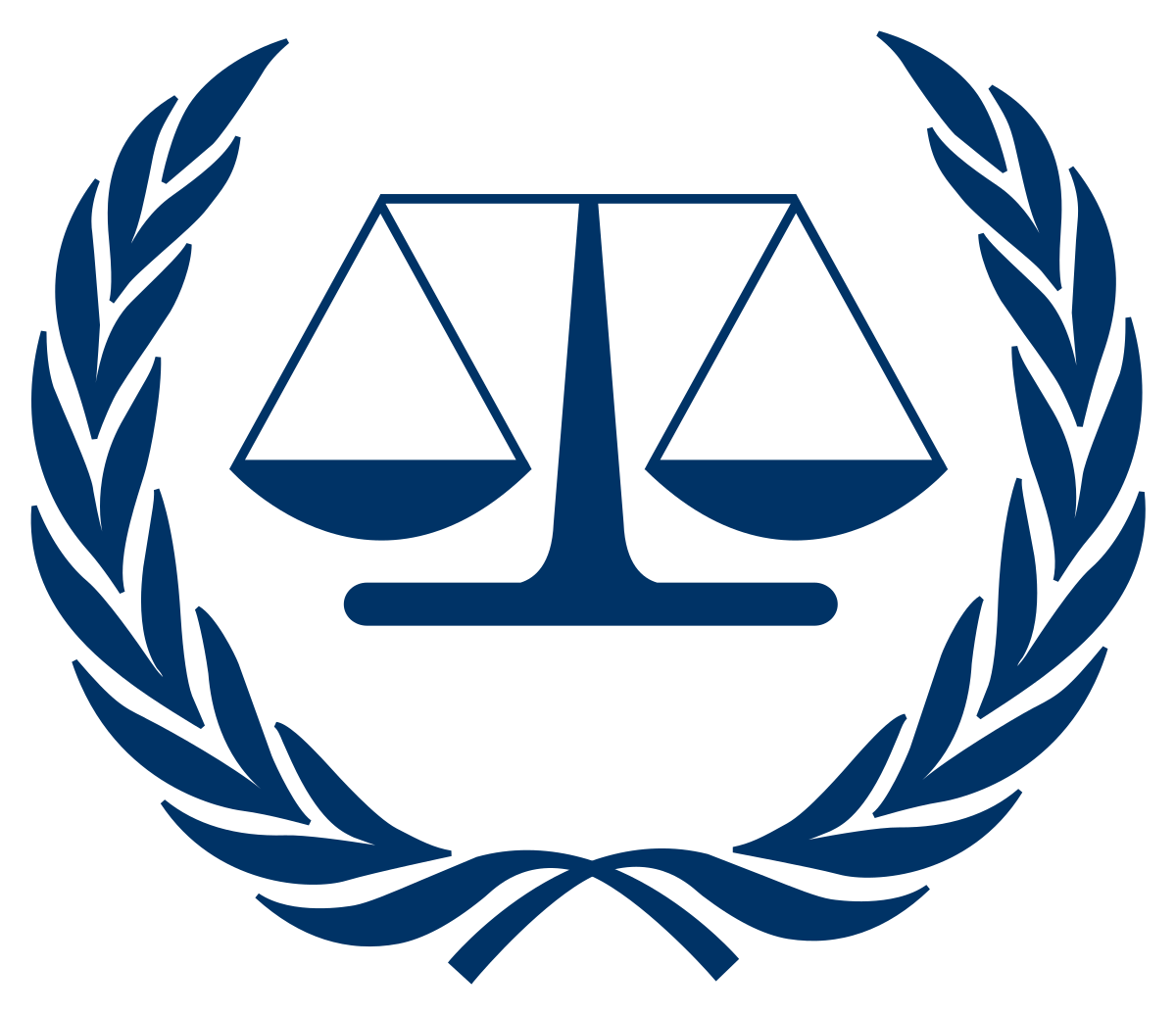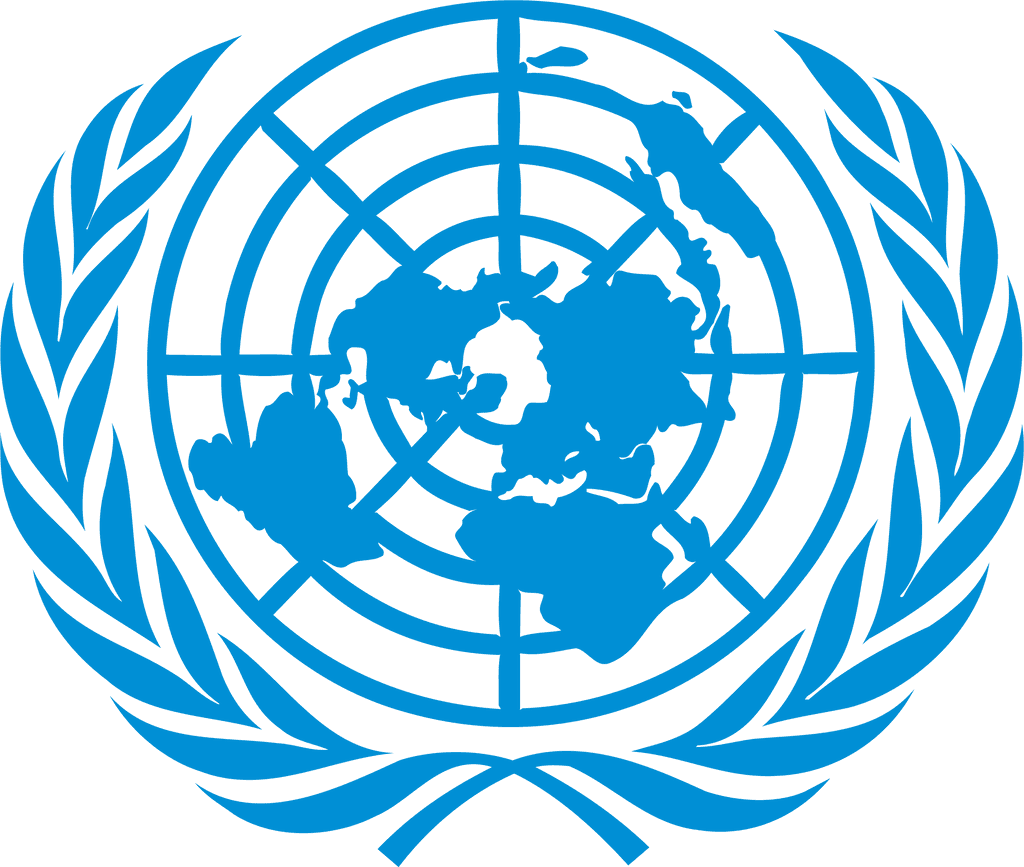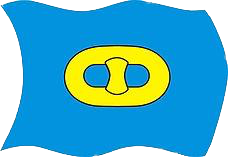R.E.M.L ®© - Republic of Errant Menda Lerenda
Statutes
1/
The International Treaty Montevideo Convention of December 26, 1933 establishes the definition of State
becoming part of customary international law.
2/
Its Article 1 establishes the characteristic criteria of a State:
The State as a person of International Law must meet the following requirements:
I. — Permanent population.
II. - Determined territory.
III. -Government.
IV. —Ability to enter into relations with other States.
3/
Its Article 2 contemplates: The federal state constitutes a single person before International Law.
4/
Its Article 3 contemplates: The political existence of the State is independent of its recognition by the other States. Even before being recognized, the State has the right to defend its integrity and independence.
5/
On October 14, 1999, the proclamation of Independence was notified by means of a written document to the Ministry of an EC member country, being officially admitted with the number B-36590. (Doc.1)
6/
Document B-36590 (Doc.1) integrates, exposes and explicitly reveals the provisions required in the Montevideo Convention of Art. 1 in its Apps. I-II-III.
7/
On December 15, 1999, a response was received in accordance with Royal Legislative Decree 1/1996 of April 12, according to which document B-36590 was officially accepted and registered, its text being approved under number 1999/38/25145 (Doc.2).
8/
On January 25, 2000, the Ministry issues an official response notifying the favorable Legal classification of
document B-36590 whose Rights are registered in the General Registry. (Doc.3)
9/
The exchange of said documentation, presentation/receipt (Point 7/), with an Official response from the Ministry, de
jure accredits the interrelationship of both parties, making manifest the relationship capacity between States.
10/
The previous point (9) ratifies Article 1- Section IV of the International Treaty of the Montevideo Convention:
IV. —Ability to enter into relations with other States.
11/
Having verified the above, points 6 and 10 certify that document B-36590 fulfills the 4 precepts of
Art.1 of the Montevideo Convention, meeting all the requirements to be considered in accordance with Law and in accordance with International Law.
I. — Permanent population.
II. - Determined territory.
III. -Government.
IV. —Ability to enter into relations with other States.
SUPPLEMENTARY ANNEXES:
1/
"We declare that there is no rule in International Law that prohibits unilateral declarations of
Independence."
Judgment of the International Court of Justice of The Hague on the Declaration of Independence of July 22, 2010.
2/
“All peoples have the right to self-determination. By virtue of this right they freely establish their political condition and also provide for their economic, social and cultural development.
International Covenant on Civil and Political Rights adopted by the General Assembly of the United Nations through Resolution 2200 A (XXI), of December 16, 1966, ratified by 167 States.
Endorsed in BOE No. 103 of April 30, 1977. BOE-A-1977-10733 https://www.boe.es/buscar/doc.php?id=BOE-A-1977-10733
RAE definition:
PEOPLE: m. Group of people from a place, region or country. Country with independent government.
INTERNATIONAL RIGHT
VIENNA CONVENTION - link
The Vienna Convention on Diplomatic Relations is an international treaty that regulates diplomatic relations between countries and the immunity of diplomatic personnel.
It was adopted on April 18, 1961 in Vienna (Austria) and entered into force on April 24, 1964. It was supplemented in 1963 by the Vienna Convention on Consular Relations.
174 States belong to the Convention and in the States that have not signed the document, its provisions apply as customary International Law .
MONTEVIDEO CONVENTION - link
The Convention on Rights and Duties of States is an international treaty signed in Montevideo, Uruguay, on December 26, 1933.
The convention establishes the definition of the State, its rights and obligations.
In its Article 1, it establishes four characteristic criteria of a State that have become part of customary international law.
They have been recognized as confirmation in International Law, establishing that a State as a person of International Law must meet the following requirements:
- ARTICLE 1
The State as a subject of International Law must meet the following requirements:
I. — Permanent population.
II. - Determined territory.
III. -Government.
IV. —Ability to enter into relations with other States.
Under these guidelines, any entity that meets these criteria can be considered a sovereign state under international law, whether or not it has been recognized by other states.
Independent Republic REML meets and fulfills the 4 requirements of Article 1 of the Montevideo Convention on the definition of State.
- ARTICLE 3
The political existence of the state is independent of its recognition by other states.
Even before being recognized, the State has the right to defend its integrity and independence.
- ARTICLE 7
The State's recognition may be express or tacit. The latter results from any act that implies the intention of recognizing the new State.
Judgment on the Declaration of Independence
We declare that there is no rule in International Law that prohibits unilateral declarations of independence
 The Hague Court, 22 July 2010
The Hague Court, 22 July 2010All peoples have the right of self-determination. By virtue of this right they freely establish their political condition and also provide for their economic, social and cultural development.
 Ratified by the Spanish State, July 27, 1977
Ratified by the Spanish State, July 27, 1977INTERNATIONAL JURISPRUDENCE

PRINCIPALITY OF HUTT RIVER
The Principality of Hutt River is a micronation located within Western Australia, which was founded on April 21, 1970. It was formerly known as Hutt River Province. The principality claims to be an independent state but is not officially recognized by Australia de jure, however this state has already been declared independence for 40 years and the Australian Government has not been able to legally find a way to abolish it. Hutt River claimed its Independence by writing to its Administration. When the Australian Government responded to the Administrator of that State, its recognition was tacitly implicit and since then it has been considered so.

TIERRA DE MAR
Sealand, officially the Principality of Sealand, is an unrecognized self-proclaimed state, considered internationally as a micronation, whose form of government is the hereditary constitutional monarchy. Despite the lack of recognition of its sovereignty and legitimacy, Sealand is one of the best known micronations in the world and is often used as a case study in how the principles of international law can be applied to a territory in quarrel.

WIRTLANDS
Wirtland is the first experimental Internet-based sovereign country, a micronation (a self-declared state but not recognized as an entity). Wirtland is an experiment in the legitimacy and self-sustainability of a country without its own land. A country that transcends national borders without violating or diminishing the sovereignty of any other nation. International law (Montevideo Convention) leaves the door open for the formation of new states. To be eligible for international recognition Wirtland needs territory.

ASGARDIA
Asgardia is a Nation Without Territory project on Earth based on a satellite from outer space. The proposal was announced on October 12, 2016 by the Center for Aerospace Research based in Vienna, Austria. They have applied to the UN for territorial status. The International Organization has not yet responded.
Definitions
CONSENSUS: Agreement produced by consent among all members of a group.
STATE: Set of government bodies of a sovereign country.
GOVERNMENT: Authority that directs, controls and administers State institutions.
NATION: Set of the inhabitants of a country governed by the same government. territory of that country.
COUNTRY: Nation, region, province or territory.
HOMELAND: Native or adoptive land ordered as a nation, to which the human being feels linked by legal, historical and affective ties.
PEOPLE: Group of people from a place, region or country. Country with independent government.
SOVEREIGN: Who exercises or possesses the supreme and independent authority.
MICRONATION: is an entity that claims to be an independent nation or state but lacks the recognition of world governments or international organizations.
MICROSTATE: A microstate is a sovereign state that has a very small population, a very small territory, or both.
de iure: Literally means 'by law', with legal recognition, legally. A de jure situation is one that is recognized by current legislation or by the competent authority.
More info Republica Errante Menda Lerenda
